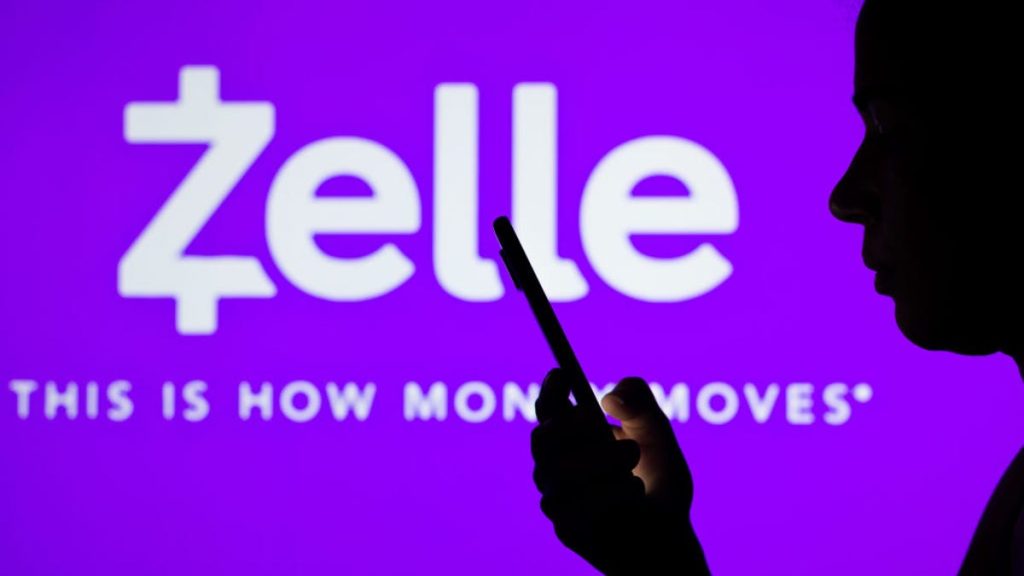Zelle, a peer-to-peer payment system owned by Early Warning Services, is a convenient way to send money instantly without any fees. With over 2,000 banking apps offering Zelle, it has become a popular method for electronic transfers. However, its simplicity has also made it vulnerable to criminal fraud, with scammers using various tactics to trick people into authorizing fraudulent payments. Luckily, banks now have the ability to claw back money from criminals in certain cases, providing some protection for victims of Zelle scams.
Scammers often use social engineering techniques to manipulate individuals into unknowingly authorizing money transfers through Zelle. This can involve fake emails or text messages claiming to be from a bank or other institution, requesting immediate action to resolve a nonexistent issue. Once the victim responds, the scammer may follow up with a phone call posing as a bank representative, guiding them through the process of transferring money to the criminal. These scams can also involve threats of service disconnection, pressuring victims to make Zelle payments to avoid consequences.
To protect yourself from Zelle scams, it is important to be cautious of unsolicited messages and requests for immediate action. Always verify the authenticity of any communication claiming to be from your bank or another organization before responding. Avoid giving out personal information or one-time passcodes to anyone, as this could be used by scammers to exploit your accounts. Additionally, limit your use of Zelle to transfers with people or businesses you know and trust, reducing the risk of falling victim to fraudulent schemes.
If you do become a victim of a Zelle scam, it is crucial to contact your financial institution immediately to report the incident. Banks now have new safety measures in place to help victims of specific scam types, allowing for reimbursement in certain cases. However, if your bank refuses to reimburse you, your next step may be to file a complaint with the Consumer Financial Protection Bureau. By following these precautions and knowing what to do in case of a scam, you can better protect yourself from falling prey to fraudulent activity through the Zelle payment system.


